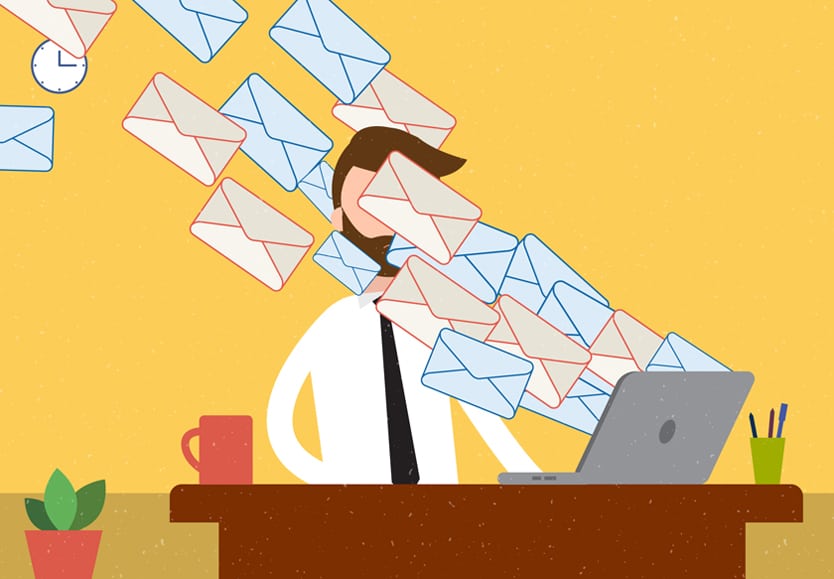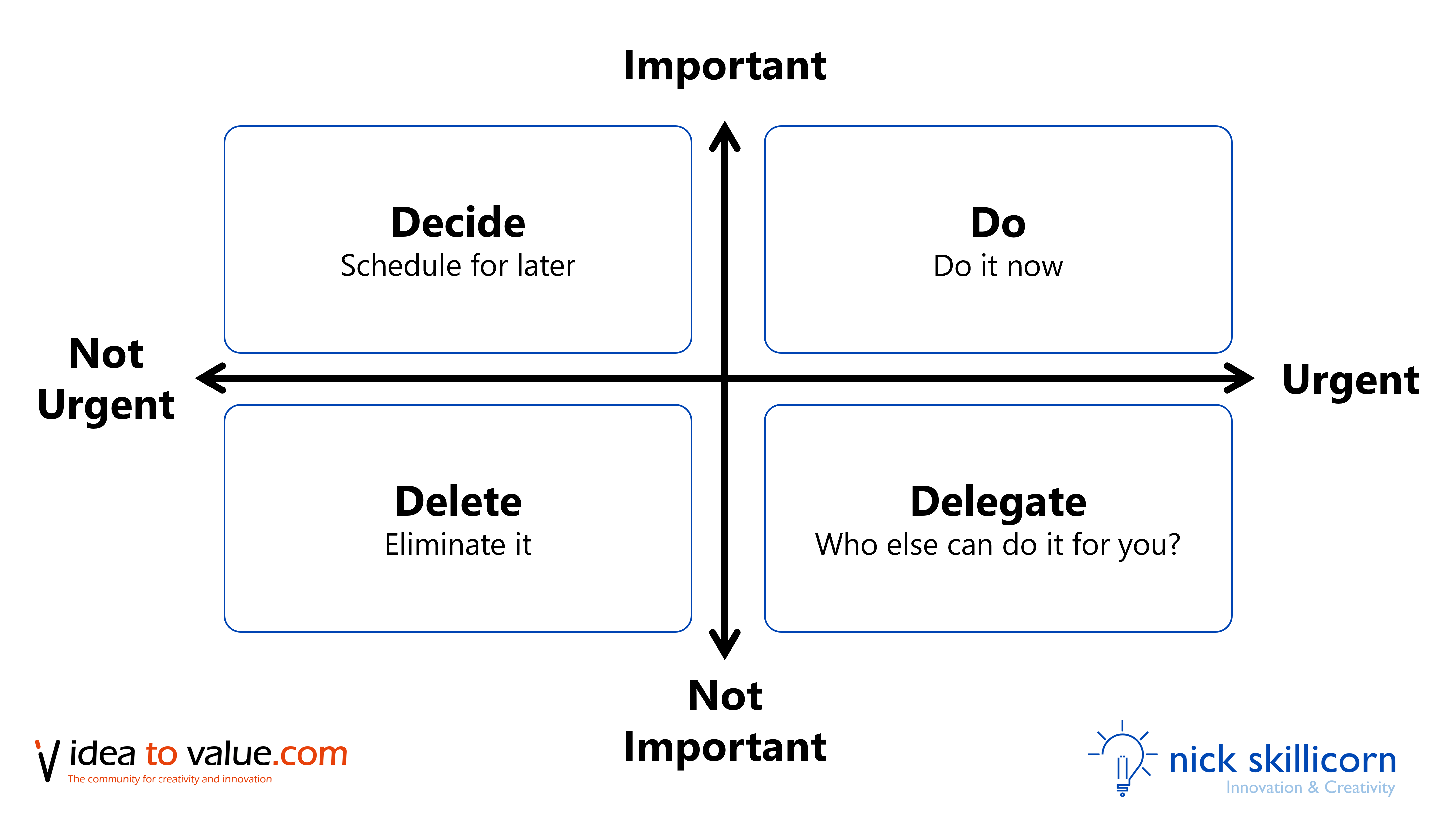
There are several elements that go into managing your life. These include understanding self-regulation and age-related goals. Managing life is about successfully coping with the salient themes of each stage of life. These strategies will help you reach your goals and avoid identity crisis. This will make you more prepared to handle stress and other challenges that life may throw at you.
7 keys to managing you life
The ability to manage your life is a crucial skill for a successful individual. Managing your life means deciding on what you want and setting aside time to achieve it. Using the 7 keys below can help you achieve your goals. Your lifestyle can affect your life. Bad habits can make your life less fulfilling, but good habits can help you live a happier life.
First, realize that you can't work alone. You need to find a work/life balance that suits your needs. Work-life balance will not be possible if your priorities don't align. You must learn to prioritize when you are overwhelmed or have too many tasks. Julie Cohen shares proven strategies for creating a work-life balance. She helps you set boundaries, establish goals, and get the best out of every day. You'll find many examples from real life and practical exercises in her book to help you make lasting improvements.
Self-regulation models
The concept of feedback is a key component in self-regulation models. It allows individuals to seek out and evaluate information about their actions relative to desired outcomes. This feedback is essential for individuals to achieve their goals. These models also emphasize the role of emotion and how it influences behavior. The self-regulation process is still not fully understood. There are several factors that can affect a person's decision-making and behavior.

First, an individual's ability to regulate their own health is key. How a person views the duration of illness affects how he or she coping. Individuals who believe their disease is chronic will likely have poor psychological adjustment. If the individual believes that the illness can be managed, they are more likely to use active coping strategies.
Age-related Expectations
Understanding how age-related expectations can impact mental and physical well-being is a way to identify people at high risk of depression and other health-related issues. Research has shown that older adults believe that declining health is part of aging. These beliefs, no matter what the individual may believe, could hinder an older adult's ability to make healthy lifestyle choices.
The research team found that the effects of age-related expectations on a person's self-perception of ageing were moderated by the amount of social support they received and their general expectations of aging. The study included 137 adults between the ages of 21 and 75. They did regression analyses to compare the effect of SS versus ERA on aging perceptions. The results indicated that ERA was much more powerful than SS. Additionally, the SS measure did not reduce the negative effects of stress on AARC.
Personal goals
Setting personal goals is a great way to improve your life. They can be related to your career, family, or hobbies, and don't have to be business-related. For example, you can set a goal to improve your reading habits so that you can learn more for the rest of your life.
Every person has different goals. The number and type of goals you create will depend on your life circumstances, your personality, as well as the things you wish to accomplish. It is recommended to set three to five goals. Goals should be manageable and easy to remember. You should also include milestones, which are important if your goal is big.

Your life measured
You need to measure your life if you want to improve how you manage it. Clayton M. Christensen is a Harvard professor who wrote How Will You Measure Your Lives? It was written to help people understand how to measure their lives. The book discusses how to avoid the traps of life and what causes career dissatisfaction. Christensen says that 8/10 employees are unhappy about their jobs. It can be due to many factors. For instance, people fail to set the proper career strategy.
You can find out which areas of your life really affect your happiness and quality life by measuring them. Perhaps you are spending more time with people who give you headaches than the ones who bring you joy or love. Perhaps you are addicted to work and feel the need for emotional drama. Whatever your reason for being addicted to work, numbers can help make better decisions.
FAQ
What are the five management processes?
The five stages of any business are planning, execution, monitoring, review, and evaluation.
Planning is about setting goals for your future. It involves setting goals and making plans.
Execution happens when you actually do the plan. Everyone involved must follow them.
Monitoring is a way to track progress towards your objectives. Monitoring should include regular reviews of performance against goals and budgets.
Reviews take place at the end of each year. They are a chance to see if everything went smoothly during the year. If not then, you can make changes to improve your performance next year.
Following the annual review, evaluation is done. It helps to identify what went well and what didn’t. It provides feedback about how people perform.
What are the steps that management takes to reach a decision?
Managers are faced with complex and multifaceted decisions. This involves many factors including analysis, strategy and planning, implementation, measurement and evaluation, feedback, feedback, and others.
It is important to remember that people are human beings, just like you. They make mistakes. You are always capable of improving yourself, and there's always room for improvement.
In this video, we explain what the decision-making process looks like in Management. We'll discuss the different types and reasons they are important. Managers should also know how to navigate them. The following topics will be covered:
How does a manager motivate their employees?
Motivation can be defined as the desire to achieve success.
Doing something that is enjoyable can help you get motivated.
You can also be motivated by the idea of making a difference to the success and growth of your organization.
You might find it more rewarding to treat patients than to study medical books if you plan to become a doctor.
Motivation comes from within.
One example is a strong sense that you are responsible for helping others.
Or you might enjoy working hard.
If you feel unmotivated, ask yourself why.
Then think about how you can make your life more motivating.
What's the difference between Six Sigma and TQM?
The main difference between these two quality management tools is that six sigma focuses on eliminating defects while total quality management (TQM) focuses on improving processes and reducing costs.
Six Sigma can be described as a strategy for continuous improvement. It emphasizes the elimination and improvement of defects using statistical methods, such as control charts, P-charts and Pareto analysis.
This method seeks to decrease variation in product output. This is done by identifying and correcting the root causes of problems.
Total quality management includes monitoring and measuring all aspects of an organization's performance. It also includes the training of employees to improve performance.
It is often used to increase productivity.
What are the four major functions of Management?
Management is responsible to plan, organize, direct, and control people and resources. It includes the development of policies and procedures as well as setting goals.
Management aids an organization in reaching its goals by providing direction and coordination, control, leadership motivation, supervision, training, evaluation, and leadership.
The following are the four core functions of management
Planning - Planning involves determining what needs to be done.
Organizing: Organizing refers to deciding how things should work.
Directing - This refers to getting people follow instructions.
Controlling - Controlling means ensuring that people carry out tasks according to plan.
What is the difference of a program and project?
A project is temporary; a program is permanent.
Projects usually have a goal and a deadline.
It is often done in a team that reports to another.
A program often has a set goals and objectives.
It is usually done by one person.
Statistics
- Your choice in Step 5 may very likely be the same or similar to the alternative you placed at the top of your list at the end of Step 4. (umassd.edu)
- Our program is 100% engineered for your success. (online.uc.edu)
- The BLS says that financial services jobs like banking are expected to grow 4% by 2030, about as fast as the national average. (wgu.edu)
- Hire the top business lawyers and save up to 60% on legal fees (upcounsel.com)
- The profession is expected to grow 7% by 2028, a bit faster than the national average. (wgu.edu)
External Links
How To
What are the 5S for the workplace?
The first step to making your workplace more efficient is to organize everything properly. A neat desk, tidy space, and well-organized workspace are key to productivity. The five S's (Sort, Shine, Sweep, Separate, and Store) work together to ensure that every inch of space is used efficiently and effectively. We'll be going through each step one by one and discussing how they can all be applied in any environment.
-
Sort. Don't waste your time looking for things you already know are there. This means that you should put things where they are most useful. Keep it near the spot where you most often refer to it. It is important to consider whether or not you actually need something. If it does not serve a purpose, get rid of it.
-
Shine. Keep your belongings tidy and organized so you can spend less time cleaning up afterwards. Don't leave anything that could damage or cause harm to others. If you have lots of pens, it is a good idea to find a safe place to keep them. It could be worth investing in a penholder. Pens won't get lost anymore.
-
Sweep. You should clean your surfaces often to prevent dirt and grime from building up. You might want to purchase dusting equipment in order to make sure that every surface is as clean as possible. To keep your workspace tidy, you could even designate a particular area for dusting and cleaning.
-
Separate. You will save time when disposing of trash by separating it into separate bins. You can dispose of your garbage easily by placing trash cans strategically around the office. To make sure you use this space, place trash bags next each bin. This will save you the time of digging through trash piles to find what your looking for.